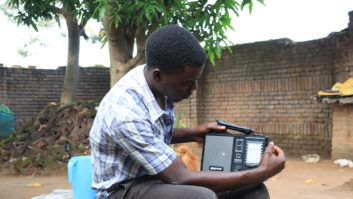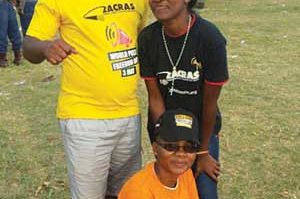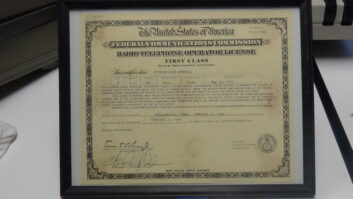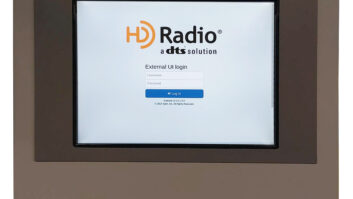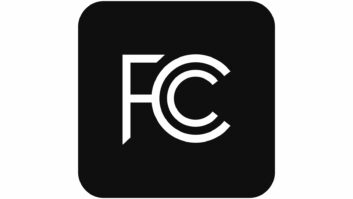
Professor Jonathan Moyo In October, the Zimbabwean government announced a call for applications for 25 local commercial radio broadcasting licenses.
This after the Minister of Information Jonathan Moyo promised in September that the country would make room for more commercial and community radio stations, which would apparently paralyze the so called “pirate-radio” stations such as Voice of the People and SW Radio Africa. Both of which receive external funding.
The Broadcasting Authority of Zimbabwe’s October announcement states: “Applicant’s broadcasting service should not be wholly or partly funded by foreign donations or contributions. Applicant to provide proof and particulars of source of funding.” Some spectators question whether this is in reference to the exiled stations, which Mugabe and his Zanu PF view as opposition.
In a depressed Zimbabwean economy radio aspirants are obliged to pay an application fee of US$2,500, a further US$7,500 for public inquiry if shortlisted, and USD $50,000 for a 10-year license fee.
In 2010, two licenses were — controversially — issued to two national commercial organizations, Star FM, a subsidiary of a government-controlled newspaper group and ZiFM, which is owned by Supa Mandiwanzira, who was recently appointed as Moyo’s deputy. Ironically, upon taking up his new ministerial position in October, Mandiwanzira appointed BAZ board member Susan Makore to replace him at ZiFM.
Despite using mainly rundown and malfunctioning studio and transmission gear, which reports say were noted during a recent visit to the broadcaster by Moyo, ZBC still enjoys the monopoly with five national commercial radio stations. According to reports, ZBC recently received a state-of-the-art outside broadcast unit from China for Mugabe’s July election campaign.
— John Masuku





